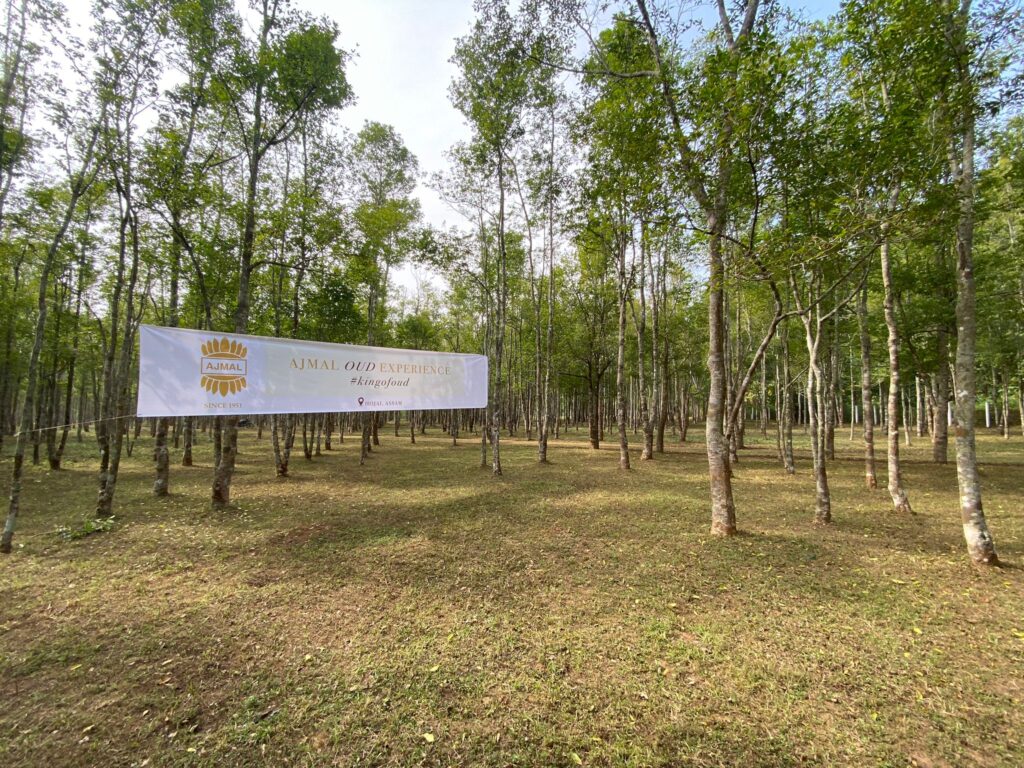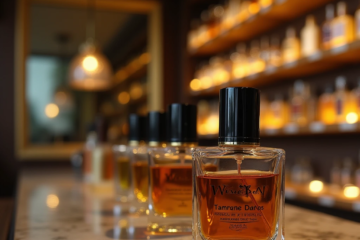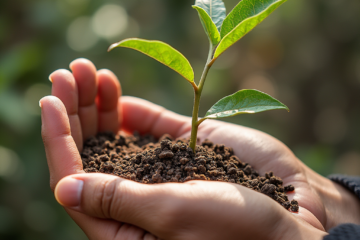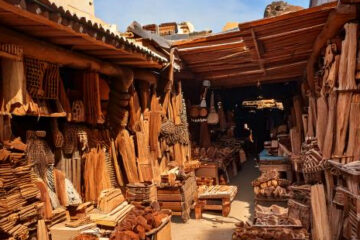With the growing global demand for oud, Western companies strive to adopt ethical practices that ensure the sustainable sourcing of oud while preserving the environment. These efforts focus on protecting biodiversity, supporting local communities, and maintaining a balance between meeting market demand and conserving natural resources. Below are the ways Western companies ensure ethical sourcing of oud, along with examples to illustrate the approach.
- Collaboration with Certified Sustainable Farms
Western companies partner with certified sustainable oud farms that adhere to strict agricultural and production standards. For example, «Ensar Oud» is known for its commitment to environmental practices, using farms that cultivate oud organically and manage harvesting processes without harming natural trees. These farms employ innovative techniques to produce high-quality oud in an environmentally friendly way.

- Direct Contracting with Local Producers
Companies often establish direct partnerships with local farmers in countries like India and Cambodia, ensuring they receive fair compensation and encouraging them to adopt sustainable agricultural practices. For instance, «The Body Shop» works directly with local communities in Asia, supporting small projects that grow oud sustainably. These partnerships help improve the economic conditions of local farmers and ensure product quality.
- Adherence to International Agreements
Western companies recognize the importance of international agreements in regulating the oud trade, such as the «CITES» Convention, which protects endangered species of oud trees. Companies like «Guerlain» and «Tom Ford» comply with the regulations of this agreement, ensuring that their oud is sourced from legal and licensed suppliers, enhancing consumer trust in their products.
- Investment in Research and Development
Companies invest in developing innovative techniques to improve oud production methods without impacting the natural environment. For example, «Agar Aura» is working on developing ways to artificially stimulate resin production within cultivated oud farms, reducing the need to harvest wild trees and helping preserve the environment. Such innovations help meet global demand while conserving natural resources.
- Supporting Social Responsibility Projects
Western companies fund local projects that aim to improve education, and healthcare, and provide employment opportunities in oud-growing areas. A notable example is «Givaudan,» which supports educational and training initiatives in communities that rely on oud cultivation, enhancing their agricultural skills and supporting the industry’s sustainability in the long term.
What Is the Role of Certifications in the Global Oud Trade?
Certifications play a vital role in regulating the global oud trade, enhancing transparency and trust between producers and consumers. They ensure that companies follow sustainable practices that protect the environment and support local communities. Here are the key points regarding the role of certifications:
- Ensuring Sustainability and Quality
Certifications like «CITES» and organic farming certificates ensure that the oud produced is obtained sustainably, considering environmental preservation and protecting endangered species. For example, «Louis Vuitton» uses oud sourced from certified sustainable farms, ensuring quality and enhancing the brand’s global reputation.
- Enhancing Transparency in the Sourcing of Oud chain
Certifications improve transparency in the supply chain by providing accurate information about the source of oud and its production stages. This helps ensure the traceability of oud from farm to consumer, boosting consumer confidence. For instance, «Jo Malone» clearly displays information about the source of the oud used in its products and its certifications, assuring consumers that they are purchasing an ethical and sustainable product.
- Protecting Endangered Species
Certifications like «CITES» help protect wild species of oud trees by preventing illegal logging and encouraging their cultivation in designated farms. These certifications reduce pressure on natural forests and promote sustainable agricultural production.
- Driving Demand for Sustainable Products
Certifications serve as proof of a company’s commitment to ethical and environmental practices, which in turn increases demand for sustainable products. Consumers actively seek out products that carry certifications, ensuring ethical sourcing, and adding value to company offerings. Brands like «Tom Ford» heavily rely on these certifications to market their oud-based perfumes, enhancing their standing in global markets.
- Facilitating Access to Global Markets
Certifications are essential for entering various global markets, as some countries require that imported oud be certified to ensure their quality and sustainability. For example, European perfume companies must comply with strict standards when importing oud, making certification necessary to secure their presence in diverse markets.
Conclusion
Ethical and sustainable sourcing of oud has become vital for Western companies, as they strive to balance meeting global demand with protecting environmental resources. Certifications play a key role in ensuring transparency and trust, encouraging companies to adopt eco-friendly practices. Through these combined efforts between producers and companies, the oud industry can continue to meet the growing global demand while preserving the environment and supporting local communities.




